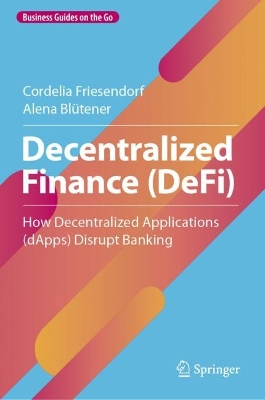Business Guides on the Go
2 total works
Start-ups are emerging, non-conventional enterprises that enter established markets with radically different products, displace incumbents, create new markets, and promote economic growth through innovation. Start-ups are often faced with many challenges that may threaten their survival, which can often be overcome by securing steady financial support. Start-ups are high-risk enterprises that are unattractive to conventional financiers, but absolutely suited to private equity (PE) and venture capital (VC) investors who seek rewards and are therefore willing to accept risk. The success stories of global digital platform start-ups have attracted PE investors in particular. When investing in a digital platform start-up in Germany, what criteria do PE and VC investors look for? How should entrepreneurs prepare for VC funding? What strategies should they use? The authors examine these questions in this book and provide a comprehensive analysis of the German start-up, digital platform, PE, and VC ecosystems. The book exposes entrepreneurs, investors, mergers and acquisitions experts, regulators and policy-makers to the market's workings and pain points so that they can help create a German start-up ecosystem that is as functional as the other organized industries.

